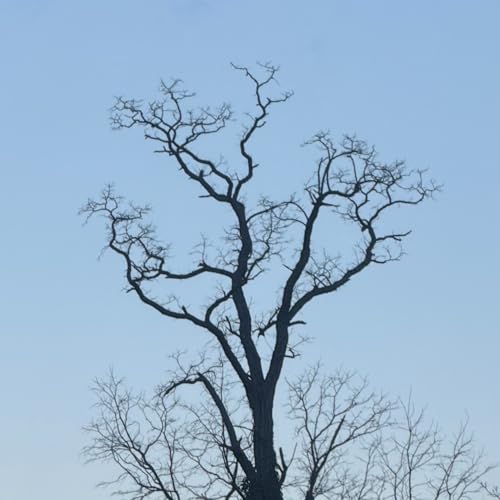
War & Peace Podnotes, A Study Guide
カートのアイテムが多すぎます
カートに追加できませんでした。
ウィッシュリストに追加できませんでした。
ほしい物リストの削除に失敗しました。
ポッドキャストのフォローに失敗しました
ポッドキャストのフォロー解除に失敗しました
-
ナレーター:
-
著者:
-
Sean Roman
概要
A chapter by chapter guide to Tolstoy's War & Peace. These are Summaries/Cliffnotes on a podcast, hence Podnotes. It is best used as a supplement to your reading of the classic.
The episodes and descriptions will provide information, context and commentary on each chapter -- and will likely take a lifetime to complete. The goal is for each episode to come in under 10 minutes.
The original work fluctuates between French and Russian and there are multiple English translations of War & Peace. [French was the language aristocrats in the Russian Empire used from the late 18th to early 20th century]. There are also variations on how War & Peace is chaptered. This podcast follows the commonly used chaptering contained in Penguin Classics and the Everyman's Library.
All rights reserved.-
 7 分
7 分カートのアイテムが多すぎます
ご購入は五十タイトルがカートに入っている場合のみです。カートに追加できませんでした。
しばらく経ってから再度お試しください。ウィッシュリストに追加できませんでした。
しばらく経ってから再度お試しください。ほしい物リストの削除に失敗しました。
しばらく経ってから再度お試しください。ポッドキャストのフォローに失敗しました
ポッドキャストのフォロー解除に失敗しました
-
 2026/01/236 分
2026/01/236 分カートのアイテムが多すぎます
ご購入は五十タイトルがカートに入っている場合のみです。カートに追加できませんでした。
しばらく経ってから再度お試しください。ウィッシュリストに追加できませんでした。
しばらく経ってから再度お試しください。ほしい物リストの削除に失敗しました。
しばらく経ってから再度お試しください。ポッドキャストのフォローに失敗しました
ポッドキャストのフォロー解除に失敗しました
-
 10 分
10 分カートのアイテムが多すぎます
ご購入は五十タイトルがカートに入っている場合のみです。カートに追加できませんでした。
しばらく経ってから再度お試しください。ウィッシュリストに追加できませんでした。
しばらく経ってから再度お試しください。ほしい物リストの削除に失敗しました。
しばらく経ってから再度お試しください。ポッドキャストのフォローに失敗しました
ポッドキャストのフォロー解除に失敗しました


